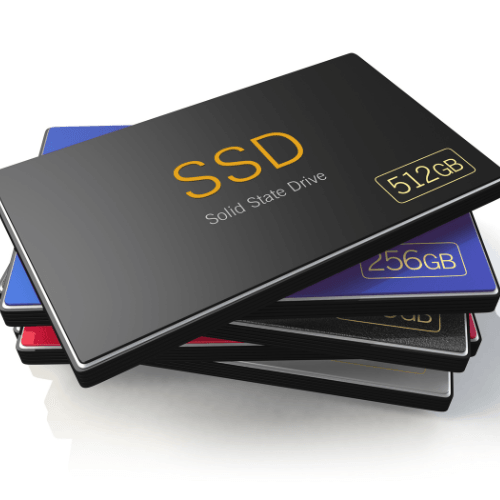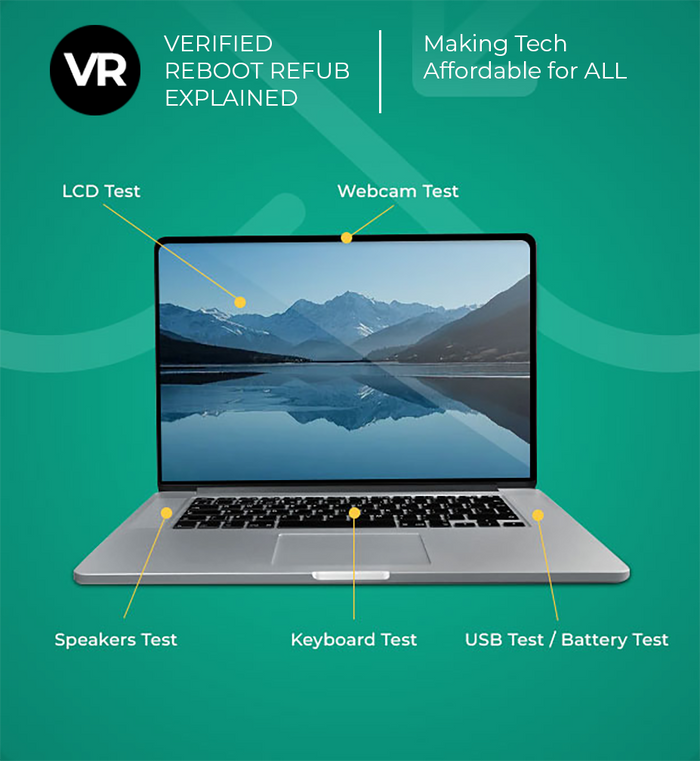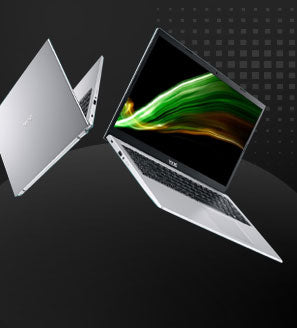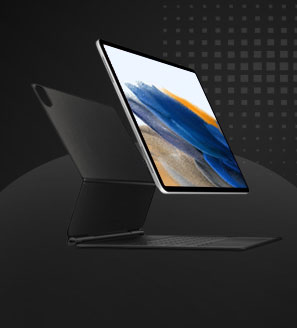In today's fast-paced digital world, having a reliable and efficient laptop or computer is crucial. Many of us may find ourselves wondering if it's worth upgrading our refurbished devices to improve their performance. One popular upgrade option that often comes to mind is installing a solid-state drive (SSD). In this blog post, we will explore the benefits of upgrading your refurbished laptop or computer with an SSD drive and help you make an informed decision.
Increased Speed and Performance
One of the most significant advantages of upgrading to an SSD drive is the substantial boost in speed and performance. Unlike traditional hard disk drives (HDDs), which use spinning platters and mechanical components, SSDs rely on flash memory technology. This allows for lightning-fast data access times, resulting in quicker boot-up times, faster application launches, and improved overall system responsiveness.
With an SSD, you can expect smoother multitasking capabilities, reduced lag when opening multiple programs simultaneously, and seamless browsing experiences. Whether you're a student who needs to run resource-intensive applications for assignments or a professional handling demanding tasks, the increased speed and performance of an SSD can significantly enhance your productivity.
The table below simplifies the SSD and SATA HDD technologies into essential performance benchmarks, it underscores the significant performance edge of SSDs over traditional SATA HDDs. This advantage is especially crucial for enhancing operating system efficiency, speeding up application loading times, and boosting overall system responsiveness.
| Metric | SSD (via SATA 3.0 interface) | SATA HDD |
|---|---|---|
| Interface Speed | Up to 6 Gb/s | Up to 6 Gb/s |
| Max Sequential Read | Up to 550 MB/s | 80-160 MB/s |
| Max Sequential Write | Up to 520 MB/s | 70-150 MB/s |
| Random Read (IOPS) | Up to 100,000 IOPS | 80-100 IOPS |
| Random Write (IOPS) | Up to 90,000 IOPS | 60-90 IOPS |
| Average Access Time | ~0.1 ms | ~5-10 ms |
Are SSD's more reliable and durable?
Based on a study conducted by Backblaze in 2021, which analyzed failure rates of SSDs and HDDs, the findings suggest that using failure rate as the sole factor in deciding between purchasing an SSD or an HDD may be questionable. The study revealed that once age and drive days were taken into account, the failure rates of the two drive types were found to be similar. Therefore, the difference in failure rates alone may not be significant enough to justify the extra cost of buying an SSD over an HDD.
With this information in mind, when choosing between an SSD and an HDD, it is advisable to consider other factors such as cost, required speed, energy efficiency, form factor requirements, and other relevant criteria. These factors are likely to have a more substantial impact on your decision-making process than failure rates alone.
Energy Efficiency and Battery Life
An important advantage of upgrading to an SSD drive is the enhanced energy efficiency it offers, resulting in prolonged battery life for portable devices. SSDs are known to consume less power than HDDs due to their lack of spinning platters and mechanical components that require continuous movement. This lower power consumption directly contributes to extending the battery life of laptops and other portable devices, enabling users to work or engage in entertainment activities on the go without the constant need to seek power sources.
Studies and reports back up the claim that SSDs contribute to improved energy efficiency and longer battery life. For instance, a study by AnandTech demonstrated that SSDs consume significantly less power during both active and idle states compared to traditional HDDs. Additionally, research conducted by Tom's Hardware found that laptops equipped with SSDs showed noticeable improvements in battery life performance when compared to those using HDDs.
Therefore, whether you are a frequent traveler or rely heavily on your laptop's battery, upgrading to an SSD drive can bring about substantial enhancements in energy efficiency, leading to extended battery life and an overall improved user experience.
Conclusion
The speed advantage alone justifies the investment in upgrading your refurbished laptop or computer with an SSD drive. The significant increase in speed and performance, coupled with improved energy efficiency, positions SSDs as a transformative technology in the realm of computing.
Before proceeding with the upgrade, it is essential to confirm the compatibility of your device with an SSD drive and assess your specific needs. Whether you are a student, professional, or casual user, transitioning to an SSD can revitalize your refurbished device, ensuring a smooth and efficient computing experience for years to come.






